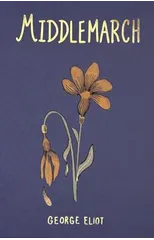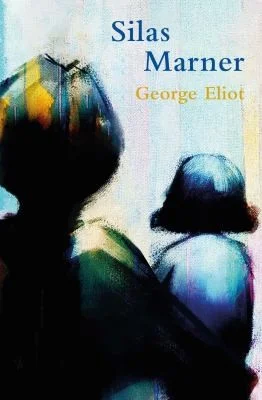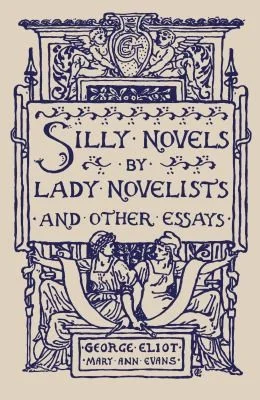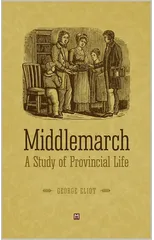Under the pseudonym George Eliot, Mary Ann Evans wrote the novel Daniel Deronda, which was first released in eight parts (books) from February to September 1876. It was the only book she ever finished that was set in her era's Victorian society. One of the most known Victorian novelists' contentious final work is a controversial combination of social satire, moral reflection, and sympathetic representation of Jewish proto-Zionist views. The novel has been adapted three times for the screen: twice for motion pictures and once for television. Additionally, it has been adapted for the stage, most famously by the 69 Theatre Company in Manchester in the 1960s, which starred Vanessa Redgrave as the lead character Gwendolen Harleth. Although the "tale of Gwendolen'' has been called "one of the classics of English fiction," the portion of the narrative involving Daniel Deronda has been called "flat and unconvincing." Nevertheless, Zionism has been greatly influenced by Daniel's tale. In 1948, F. R. Leavis argued that the Jewish sections of The Great Tradition were its weakest and that a truncated version called Gwendolen Harleth should be printed on its own. Some Zionist commentators have advocated the opposite truncation, keeping the Jewish section, but with Gwendole's story omitted.
George Eliot
George Eliot was the pen name of Mary Ann Evans, a prominent Victorian-era novelist known for her insightful and complex characterizations. Her most notable works include "Middlemarch," considered one of the greatest novels in the English language, and "Silas Marner," a poignant tale of redemption and community. Eliot's literary style is characterized by its psychological depth, moral complexity, and social commentary. She was a pioneer in the realist tradition, exploring themes of morality, religion, and human relationships in her writing. Eliot's contributions to literature include challenging traditional gender roles and societal norms, as well as expanding the scope and depth of the novel as an art form. Her work continues to be celebrated for its profound insights into the human condition and its enduring relevance in contemporary society.






